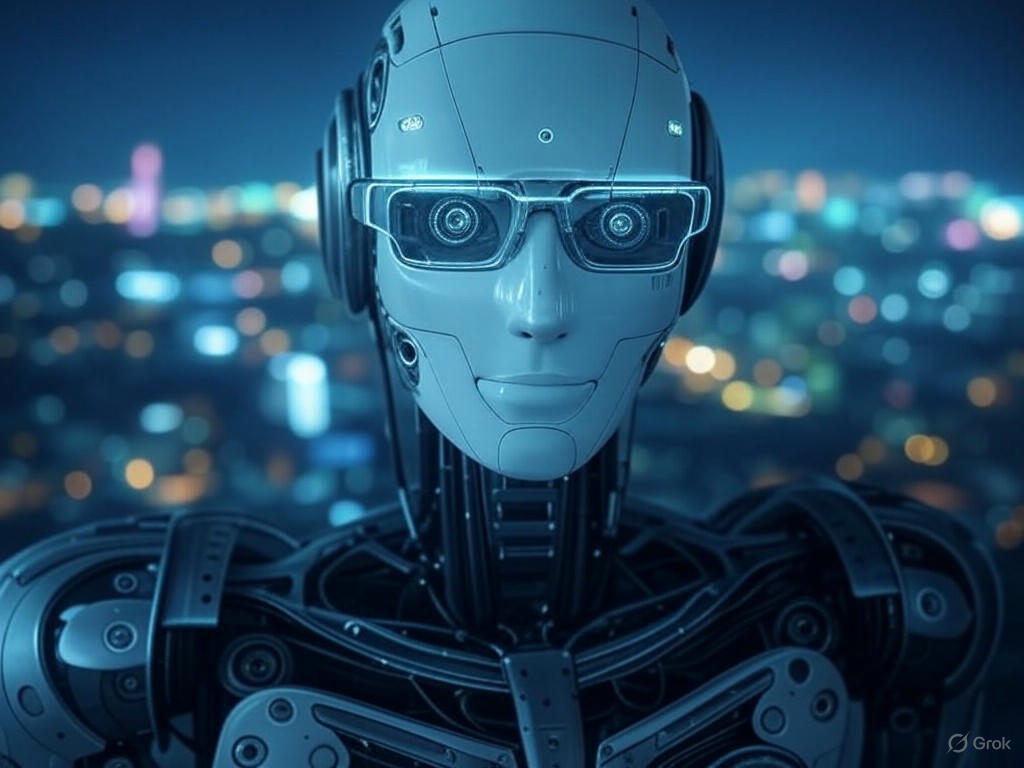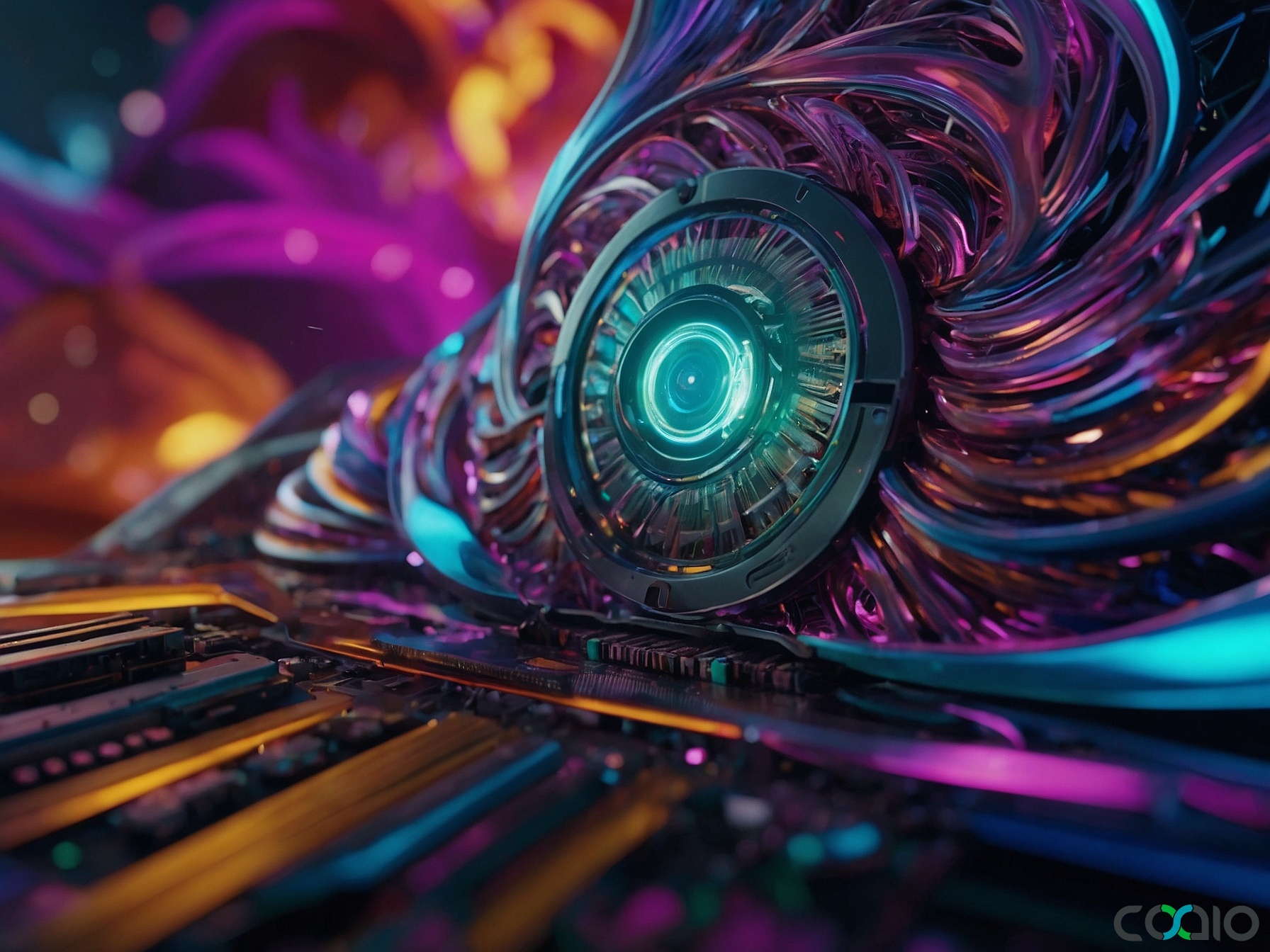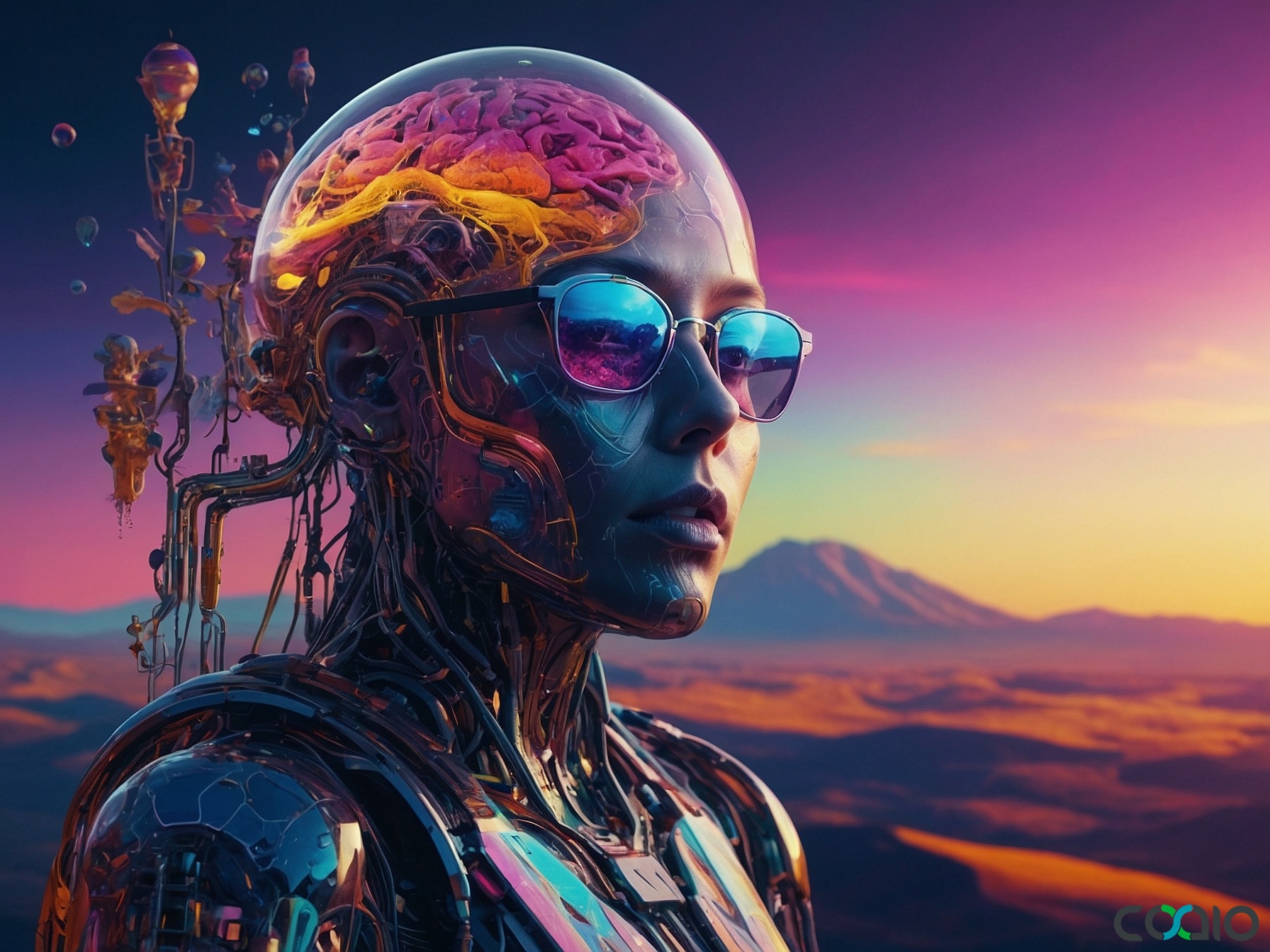
ابتكارات الذكاء الاصطناعي تعيد تشكيل تطوير البرمجيات: من ميزات الذاكرة إلى أدوات مدعومة بالذكاء الاصطناعي
In the fast-paced world of software development, October 2025 has brought a wave of exciting advancements that are pushing the boundaries of what’s possible. As of October 26, 2025, key players in the tech industry are rolling out features and tools that enhance efficiency, automate processes, and even spark debates about AI’s role in everyday applications. This article dives into the latest developments, drawing from recent reports on AI enhancements, DevOps platforms, and emerging tools from companies like Anthropic and OpenAI. These innovations not only streamline workflows for developers but also highlight the growing need for reliable, cost-effective solutions in an increasingly AI-centric landscape.
The Expansion of AI Memory Features in Conversational AI
One of the most notable updates in recent tech news is Anthropic’s decision to expand its memory feature for its AI model, Claude, to all paid users. Initially launched in early September 2025 and restricted to Team and Enterprise plans, this feature is now available to Pro and Max subscribers as well. According to reports from SD Times, the memory capability allows Claude to retain information about ongoing projects, conversations, and user preferences over time, effectively making interactions more contextual and productive Read more.
This move is a game-changer for software developers who rely on AI assistants for coding, debugging, and ideation. Imagine working on a complex application where the AI remembers your previous code snippets, design choices, and even potential errors from earlier sessions. This reduces the friction in iterative development cycles, enabling faster prototyping and fewer mistakes. For instance, a developer building a machine learning model could use Claude’s memory to track dataset changes without manually reuploading files, saving hours of work.
The broader implications of this expansion touch on accessibility. By making advanced AI tools available to a wider audience, Anthropic is democratizing technology that was once reserved for large enterprises. This could accelerate innovation in startups, where resources are often limited. However, it also raises questions about data privacy and how personal project details are stored and protected. As AI becomes more integrated into daily workflows, the need for secure and efficient development practices grows, underscoring the importance of partnerships with specialized firms that can handle these complexities.
Breakthroughs in AI-Powered DevOps Platforms
Shifting gears to DevOps, Opsera has made headlines with the unveiling of its next-generation AI-powered platform, which promises to revolutionize how teams manage software development pipelines. Announced recently, this platform introduces the Hummingbird AI Reasoning Agent and “Insights in a Box,” a feature that delivers instant, actionable intelligence based on real-time data analysis. Additionally, the integration with GitHub’s Model Context Protocol (MCP) allows for seamless collaboration and automation Read more.
For developers and operations teams, this means a more streamlined approach to building, testing, and deploying software. The Hummingbird agent, for example, can analyze code repositories, predict potential bottlenecks, and suggest optimizations, all while integrating with popular tools like GitHub. This level of automation could significantly reduce deployment times and minimize human error, which is crucial in high-stakes environments like fintech or healthcare applications.
What makes this particularly relevant is the platform’s end-to-end AI-driven capabilities, positioning Opsera as a leader in intelligent DevOps solutions. Developers can now access “Insights in a Box,” which provides pre-built analytics templates for common scenarios, such as monitoring microservices or scaling cloud infrastructure. This not only boosts productivity but also helps teams identify risks early, ensuring more robust software releases. As software projects grow in complexity, tools like these are essential for maintaining efficiency and quality.
OpenAI’s Foray into Generative Music Tools
On the creative side of software development, OpenAI is reportedly developing a new generative music tool, as covered by TechCrunch. This tool could enable users to add music to videos or enhance audio tracks with elements like guitar accompaniment, opening up new possibilities for content creators and developers in multimedia applications Read more.
Generative AI in music represents an exciting intersection of technology and artistry. For software developers, this could mean integrating AI-driven audio features into apps, such as video editing software or social media platforms. Imagine a developer creating an app that automatically composes background scores based on user input, making it easier to produce engaging content without needing specialized music production skills. This tool could democratize creative processes, much like how AI has transformed code generation.
However, this development also brings ethical considerations, such as copyright issues with generated music and the potential displacement of human musicians. For the software community, it’s a reminder of how AI can extend beyond traditional coding tasks into creative domains, pushing developers to think about versatile applications. As AI tools evolve, they highlight the need for thoughtful integration to ensure they complement human creativity rather than replace it.
The Double-Edged Sword of AI in Security Systems
Not all AI advancements are without controversy. A striking example comes from a high school in Baltimore County, Maryland, where an AI security system mistakenly flagged a student’s bag of Doritos as a potential firearm, leading to a distressing incident involving handcuffs and a search, as reported by TechCrunch Read more.
This event underscores the challenges of deploying AI in real-world scenarios, particularly in security software development. While AI systems are designed to enhance safety by detecting threats, false positives like this one can erode trust and raise concerns about accuracy. For software developers working on AI-driven security tools, this serves as a cautionary tale about the importance of rigorous testing and training data. Poorly calibrated algorithms can lead to serious consequences, highlighting the need for ethical AI development practices.
In the broader context, this incident could influence how future security software is built, with a greater emphasis on transparency and user oversight. Developers might need to incorporate features that allow for human review or adaptive learning to prevent such errors, ensuring that AI enhances rather than hinders security efforts.
Evaluating the Role of AI Browsers in Software Development
Finally, the launch of OpenAI’s AI-powered browser has sparked discussions about its utility, with TechCrunch questioning who it’s really for. Described as offering only marginal efficiency gains, this browser integrates AI to assist with tasks like searching, summarizing content, and even generating responses directly within the browser interface Read more.
For software developers, AI browsers could simplify research and prototyping by providing on-the-fly code suggestions or data analysis. However, the lukewarm reception suggests that these tools need to deliver more substantial benefits to justify widespread adoption. This development ties into the ongoing evolution of web technologies, where AI is being woven into everyday tools to boost productivity.
As these stories illustrate, software development in 2025 is at a pivotal point, with AI driving innovation across multiple fronts. From enhanced memory features to AI in security, the field is evolving rapidly, offering tools that can transform how we build and deploy software.
In a creative twist, envision a world where innovative ideas flourish without the burdens of technical hurdles. That’s the essence of pioneering visions that focus on empowering creators to bring their concepts to life efficiently, minimizing risks and maximizing impact through streamlined processes and expert support.
About Coaio
Coaio is a Hong Kong-based tech firm that specializes in outsourcing software development and building expert teams in Vietnam. Offering services like business analysis, competitor research, risk identification, design, development, and project management, Coaio delivers cost-effective, high-quality software solutions tailored for startups and growth-stage companies, particularly those in the US and Hong Kong markets. By handling the complexities of software creation, Coaio helps clients focus on their core ideas, providing user-friendly designs and efficient tech management to turn visions into reality with minimal hassle.
 English
English
 Français
Français
 Español
Español
 廣東話
廣東話
 中文
中文
 日本語
日本語
 한국어
한국어
 العربية
العربية
 Deutsch
Deutsch

